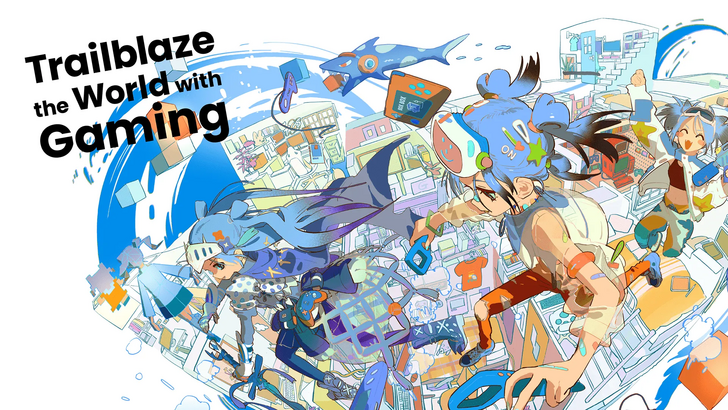The past 48 hours have created economic shockwaves for both financial watchers and Nintendo enthusiasts alike.
Wednesday brought news that the Nintendo Switch 2 would launch at $450 in the U.S.—a steep price analysts attribute to anticipated tariffs, inflation, competitive pressures, and rising component costs. Then, last night, the Trump Administration imposed sweeping 10% tariffs across multiple trade partners, with significantly higher rates targeting China, the EU, Japan, Vietnam, Canada, and Mexico. China retaliated this morning with 34% tariffs on all U.S. goods, prompting Nintendo to suspend Switch 2 U.S. pre-orders while evaluating tariff repercussions.
An Unprecedented Economic Storm
This escalating trade war creates uncharted territory not just for gaming, but the broader economy. Analysts, policymakers, and consumers remain in assessment mode, struggling to predict long-term consequences. Just 30 minutes before Nintendo’s pre-order announcement, I spoke with ESA spokesperson Aubrey Quinn about the potential industry fallout.
The ESA acknowledges uncertainty but anticipates significant disruptions. "We expected retaliatory tariffs from China and further U.S. levies," Quinn explains, "but we’re still assessing the full scope." One certainty, however, is that these tariffs will harm gaming: "They’ll have a real and detrimental impact on the industry and the millions of Americans who play games."
The Ripple Effect on Gaming
Beyond immediate price hikes, Quinn warns of broader economic consequences. Reduced consumer spending could shrink revenues, threatening jobs, R&D investment, and even next-gen console development. "The entire ecosystem is interconnected," she emphasizes.
The ESA is mobilizing, but challenges persist. With the Trump Administration only two months into its term and staff still settling in, lobbying efforts must start fresh. "We know where conversations need to happen," Quinn says, "and we’re working to ensure policymakers grasp the risks to businesses and consumers."
The ESA has already joined trade coalitions appealing to U.S. Trade Representative Jamieson Greer, while pushing for meetings with legislators and administration officials. Quinn confirms engagement at multiple governmental levels but stresses that this isn’t just a gaming issue—it affects all consumer goods.
What Gamers Can Do
For concerned players, Quinn advises direct outreach: "Contact your representatives—through calls, emails, or social media. When elected officials hear constituent worries, they’re more likely to act."
Nintendo’s pre-order pause occurred moments after our call. While Quinn declined to address individual company decisions, she noted that tariffs transcend any single product: "This isn’t just about the Switch 2—VR headsets, smartphones, and PCs will all face pressure. Every segment of the industry will feel this."
Ultimately, she warns, no company or platform is immune: "Whether American or international, businesses relying on cross-border supply chains will confront serious challenges."



















